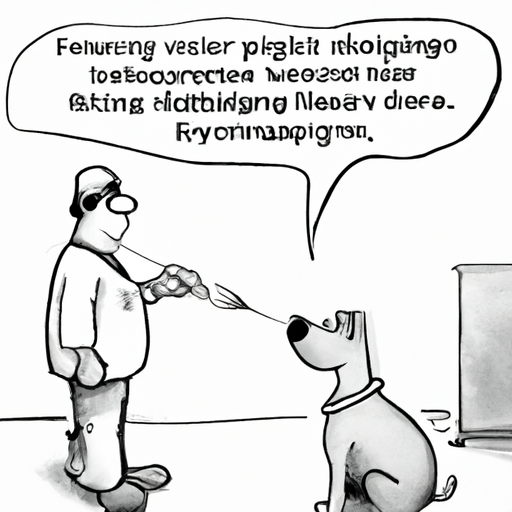Understanding Spaying
Spaying, in simple terms, is a surgical procedure performed on female dogs to remove their reproductive organs, namely the ovaries and uterus. This process eliminates their ability to reproduce and come into heat. As a caregiver, you might be wondering why this is necessary. Let’s delve into the reasons for spaying in the next section.
Reasons for Spaying Your Dog
There are several reasons why you, as a caregiver, might consider getting your female dog spayed:
- Overpopulation Control: According to the Humane Society, nearly 6-8 million animals enter shelters each year, and half of them are not adopted. By spaying your dog, you’re helping control the pet population.
- Health Benefits: Spaying can prevent uterine infections and breast cancer, which is fatal in about 50% of dogs. The chances of these diseases are significantly reduced if spaying is done before the first heat cycle.
- Behavioural Issues: Female dogs in heat can exhibit problematic behaviours like howling, urine marking, and escaping to find a mate. Spaying can help control these behaviours.
The Process of Spaying
The spaying procedure, also known as an ovariohysterectomy, involves the following steps:
- Your dog will be put under general anesthesia to ensure they are relaxed and pain-free during the surgery.
- The vet will make an incision in the abdomen and remove both ovaries along with the uterus.
- The abdomen is then stitched up, and your dog will be monitored until they recover from the anesthesia.
While it sounds daunting, remember, it’s a routine surgery performed by experienced vets.
Post-Spaying Care
After your dog gets spayed, you’ll need to provide some extra care at home:
- Limit physical activity: Prevent your dog from jumping or running for about two weeks after the surgery.
- Check the incision daily: Ensure there’s no redness, swelling, or discharge.
- Prevent licking or scratching: Use a cone or a special suit to stop your dog from irritating the incision.
Cost of Spaying
The cost of spaying varies based on your location, the size of your dog, and the veterinary clinic. On average, the cost can range from $50 to $500. Here’s a rough estimate:
| Dog Size | Average Cost |
|---|---|
| Small | $50 – $200 |
| Medium | $175 – $300 |
| Large | $200 – $500 |
Frequently Asked Questions
Q: When is the best time to spay my dog?
A: Many experts recommend spaying your dog before their first heat cycle, which is typically around six months of age.
Q: Does spaying change my dog’s personality?
A: Spaying can reduce certain behaviors associated with the heat cycle, but it doesn’t change your dog’s fundamental personality.
Q: Will my dog gain weight after being spayed?
A: Spaying can slow down a dog’s metabolism, potentially leading to weight gain. But with a balanced diet and regular exercise, this can be managed effectively.
Remember, as a caregiver, your priority is the well-being of your furry friend. If you have any more questions about spaying, don’t hesitate to consult with your vet.



